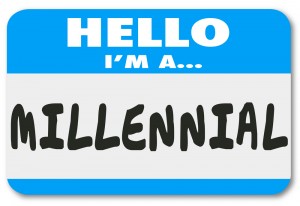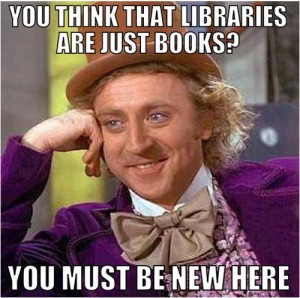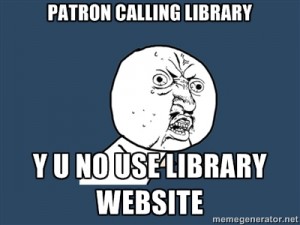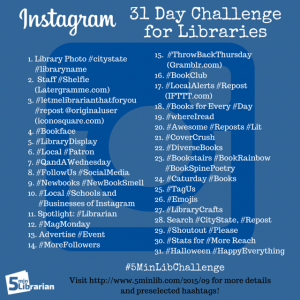Should public libraries focus their social media efforts on content curation over content creation?? I think that this is an interesting question given that many social media experts have suggested that the most effective social media posts for libraries feature creative content. However after stumbling across this article from Forbes, I am not sure that I agree.
The article, 4 Reasons Why Content Curation Has Gone Mainstream published in 2012 Forbes online, suggests that content curation – “the process of finding, organizing and sharing online content” – can and should be viewed as a key component of an organization’s marketing strategy. Why though?
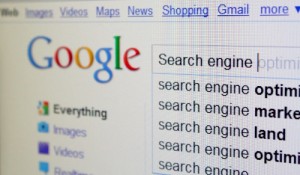
Growing quantity leads to sinking quality. I think that this is so true. A simple search on Google often yields results in the millions – this is overwhelming for many people to navigate and it can often be hard to locate the best and most relevant content – I think that most people will go for convenience over reliability when it comes to wading through information online and this can often lead to problems. Curation is one way to assist users wading through mediocre content to find the most useful resources.
As well, creative content is so difficult to come up with (at least for me!). So instead, libraries should curate and link to other people’s content. This not only offers potential patrons recommended resources, but also enhances the social networking presence of the library. When you link back to other people’s posts, tweets, etc., you’re making a connection with them that may lead to them linking to your posts in the future.
People want to be engaged with their online content, not solicited. I think that libraries have great potential to become curators of content online as they can be impartial about content, rather than sites like Google where there is an “pay-for-promo” approach to content.
What do you think? Is this starting to veer outside the mandate of most public libraries? Or does content curation just make sense?

